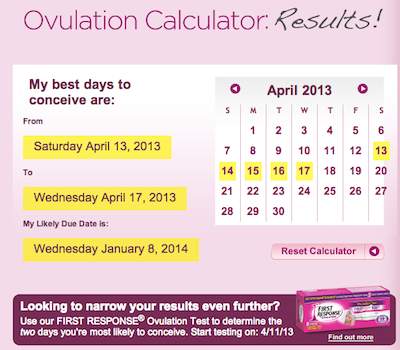 First Response Ovulation Calculator Gets It Wrong | babyMed.com
First Response Ovulation Calculator Gets It Wrong | babyMed.comWhen is the best time to take a pregnancy test, how quickly I can take it, and when did it become positive is an important question to ask when trying to conceive.
positive pregnancy test will usually appear around your menstrual period, an average of 14 days after ovulation / fertilization, and seldom earlier than 9-10 days after fertilization / ovulation. Even if a negative pregnancy test ,.
The pregnancy test, it does not matter whether it's blood or urine, just be positive after implantation, when the fetus has been attached to the uterine wall and connecting with the mother's blood system. Implantation, when the fertilized egg implants into the endometrium, which occurs in about 9 days after ovulation and fertilization (range: 6-12 days). Blood pregnancy test will be positive 2-3 days after implantation and urine tests positive will be a few days after a blood test has been positive.
via email and learn how to overcome fertility problems and pregnant!
An initial urine pregnancy test positive will not appear until there is enough hCG, a pregnancy hormone, in your body. This hormone is not even present until several days after the fertilized egg implants into your uterus. Implantation occurs 6-12 days after you ovulate. This is not detected until around the time of your period (some women do not get a positive result until the day after the missed period). While other women can take early pregnancy test (such as First Response) a few days before their period is due and get a positive test. However, it does happen to MOST women. Have you ever heard of "false negatives"? That's when you ARE pregnant, but get a negative test and then tested positive a few days later and a. Which is what happens most of the time when women testing before their period.
First Response (tests that advertises "99% accurate. We are the most accurate results 5 days faster"), says the following about the accuracy of that: "4 days before menstruation, the test this 63% accurate; 3 days before menstruation 83% accurate, one and two days before the 93% accurate. " So it's the most accurate about the time you miss your period.
When you take a pregnancy test too early, you might get and disappointed. Wait until you miss your period and until your menstrual period late, perhaps 1-2 days late, will save money and will give you a better chance to prevent. A few healthy mid-twenties without fertility problems known to have a 20% chance per month of conceiving. 80% will get pregnant within the first year of trying.
The best time to take a home pregnancy test is the first thing in the morning and with your first morning urine. This is when urine is the most concentrated and has the highest levels of the pregnancy hormone hCG. Try not to get up and go to the bathroom at night and then perform the test as soon as you wake up.
Despite what many urine pregnancy test manufacturers want you to believe, urine pregnancy test will normally not be positive in most women until about a week after implantation, around the time of the missed period.
Have a negative pregnancy test? Find out what are the chances that you can still get pregnant even if you have.
When it first becomes positive pregnancy test has a wide variety and depends on several variables. The following variables determine when home pregnancy urine test to be positive:
Exact Day of Ovulation: urine pregnancy test positive usually 4-5 days after implantation. However, it is also important day of ovulation, implantation can only occur when ovulation occurs and the egg is fertilized. So if the day you ovulate later than you think, implantation later and then subsequently delayed pregnancy test as well. That is why it is very important to keep track of your ovulation day so that you can start counting the days for implantation, and ultimately a positive pregnancy test.
Time Implantation: After ovulation, the egg will be fertilized and travel through the fallopian tube to the uterus. take this trip on average about one week. Implantation, the attachment of a fertilized egg in the uterine wall, occur on average about a week or so after ovulation / fertilization, but can occur as early as six days and as late as 12 days after conception / ovulation.
At the time of implantation, the placenta starts to make the pregnancy hormone hCG, which then enter the bloodstream. hCG can be detected in the blood of about 3 to 4 days after implantation. Urine hCG can be detected approximately 2 to 3 days after the first hCG blood could be seen. HCG detection depending on the time of implantation that hCG can be detected in the blood usually between 9 and 16 days after ovulation (HPT: 12-19 days after ovulation).
There is a normal width, both in blood and urine. If a woman has low blood hCG levels, for example, it can take a few more days for it to appear on the pregnancy test.
Urine hCG levels change during the day depending on how much you drink and how diluted or concentrated urine. urine pregnancy test is best done with a more concentrated urine. If you drink plenty of fluids, urine may be too diluted in early pregnancy to achieve sufficient concentrations of hCG for a positive test.
different pregnancy tests have different sensitivities. The lower the sensitivity, previous pregnancy test becomes positive. Sensitivity is shown in mIU / mL, the lowest amount of hCG in the urine test positive. A sensitivity of 20 mIU / mL require one-half the level of hCG to be positive when compared to the sensitivity level of 40 mIU / mL, and may be a few days earlier than the positive pregnancy test with higher sensitivity. Make sure you read the package from the pregnancy test to determine the sensitivity of your pregnancy test
Read More :. Already expecting? Try! We
is Professor of Obstetrics and Gynecology, and among the world's leading authorities on fertility and pregnancy. Dr Amos has delivered more than 5,000 babies, and supervised more than 20,000 deliveries.
! Read and books about him: " '.
© 2001-2020 BabyMed.com - All Rights Reserved
 Home Pregnancy Tests: All Your Questions Answered | babyMed.com
Home Pregnancy Tests: All Your Questions Answered | babyMed.com Pin on Baby checklist
Pin on Baby checklist Evaporation Line on Pregnancy Test | babyMed.com
Evaporation Line on Pregnancy Test | babyMed.com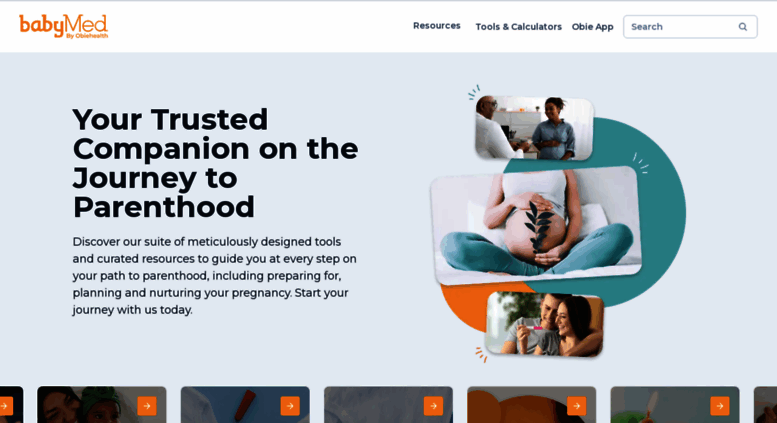 babymed hcg chart - Katan.vtngcf.org
babymed hcg chart - Katan.vtngcf.org babymed hcg chart - Katan.vtngcf.org
babymed hcg chart - Katan.vtngcf.org Pin on Pregnancy/Baby Stuff
Pin on Pregnancy/Baby Stuff Pregnancy Test Calculator Babymed - Blackmores Pregnancy
Pregnancy Test Calculator Babymed - Blackmores Pregnancy Conception calculator pregnancy test, 5 months pregnant cramping ...
Conception calculator pregnancy test, 5 months pregnant cramping ... babyMed: The Most Precise Pregnancy & Fertility Tools & Advice
babyMed: The Most Precise Pregnancy & Fertility Tools & Advice Clomid Pregnancy Test Calculator - clomidnewjersey.weebly.com
Clomid Pregnancy Test Calculator - clomidnewjersey.weebly.com Pregnancy Test Calculator Babymed - Blackmores Pregnancy
Pregnancy Test Calculator Babymed - Blackmores Pregnancy babyMed: The Most Precise Pregnancy & Fertility Tools & Advice
babyMed: The Most Precise Pregnancy & Fertility Tools & Advice Pin on Married life!!
Pin on Married life!! Pregnancy Test Calculator Babymed - Blackmores Pregnancy
Pregnancy Test Calculator Babymed - Blackmores Pregnancy babymed hcg chart - Katan.vtngcf.org
babymed hcg chart - Katan.vtngcf.org Pregnancy Calendar and Calculator Tool _ BabyMed | Fetus | Women's ...
Pregnancy Calendar and Calculator Tool _ BabyMed | Fetus | Women's ... babymed hcg chart - Katan.vtngcf.org
babymed hcg chart - Katan.vtngcf.org How Do I calculate My Pregnancy Due Date - babyMed.com - YouTube
How Do I calculate My Pregnancy Due Date - babyMed.com - YouTube Pregnancy due date calculator babymed
Pregnancy due date calculator babymed Best Ovulation Calculators For Women Trying To Conceive
Best Ovulation Calculators For Women Trying To Conceive When is the Best Time to Take a Pregnancy Test Calculator ...
When is the Best Time to Take a Pregnancy Test Calculator ...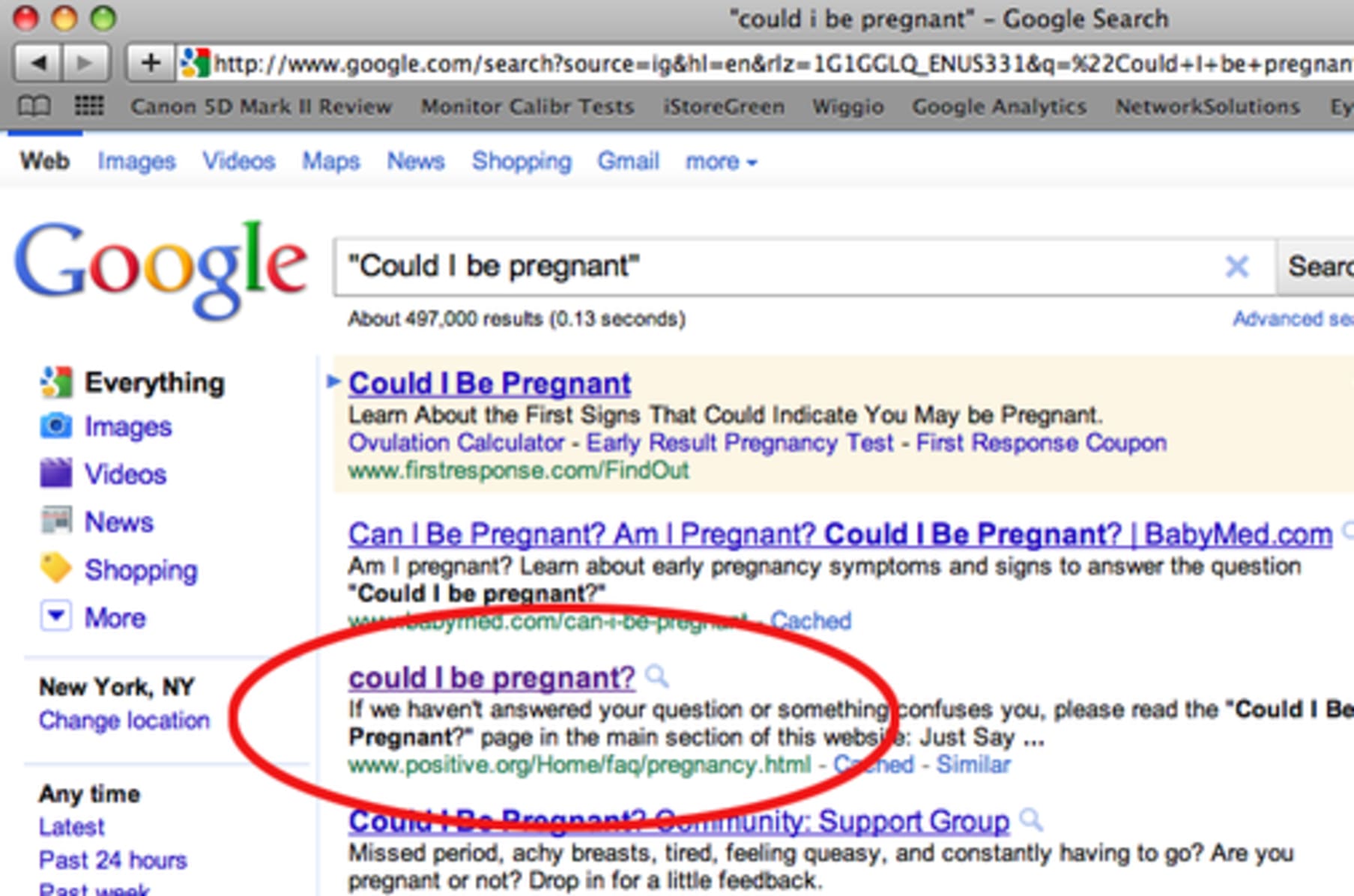 Pregnancy Test Calculator Babymed - Blackmores Pregnancy
Pregnancy Test Calculator Babymed - Blackmores Pregnancy BabyMed Pregnancy and Fertility Calendar Calculator and App - YouTube
BabyMed Pregnancy and Fertility Calendar Calculator and App - YouTube Conception | Mumsnet
Conception | Mumsnet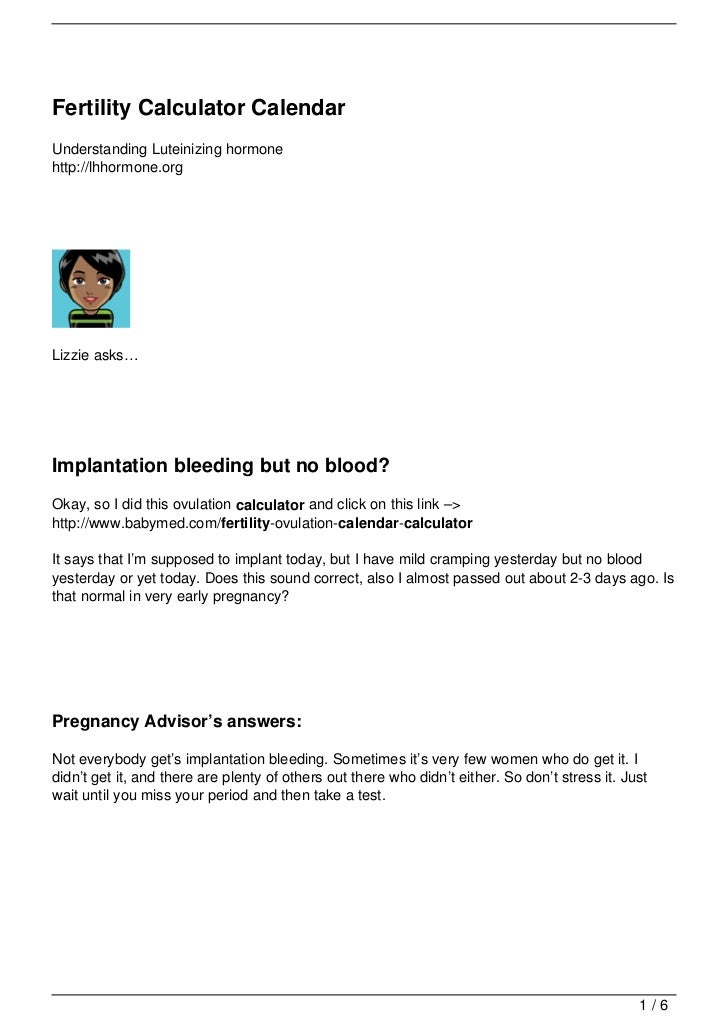 Fertility Calculator Calendar
Fertility Calculator Calendar babymed hcg chart - Katan.vtngcf.org
babymed hcg chart - Katan.vtngcf.org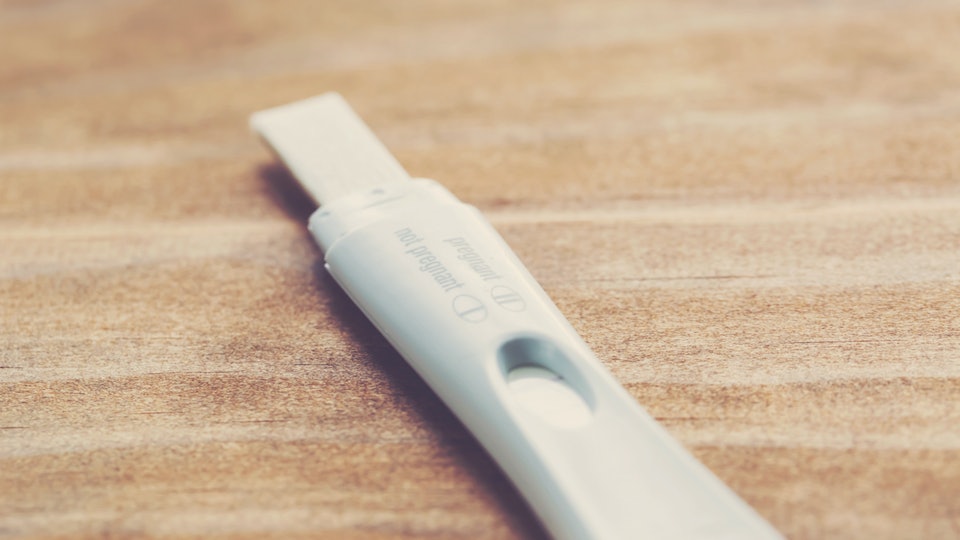 This HCG Level Calculator Should Be On Every TTC Woman's Wish List
This HCG Level Calculator Should Be On Every TTC Woman's Wish List How Accurate Is a Pregnancy Calculator? | Mother's Insight
How Accurate Is a Pregnancy Calculator? | Mother's Insight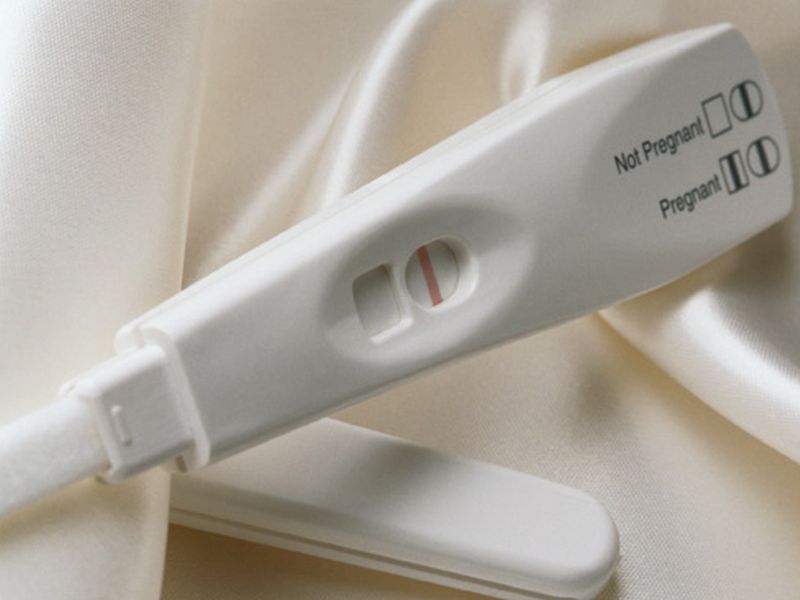 Many Fertility Apps, Websites Miss the Mark
Many Fertility Apps, Websites Miss the Mark Confused on dates
Confused on dates pregnancy tracker by due date - Hoyuk.westernscandinavia.org
pregnancy tracker by due date - Hoyuk.westernscandinavia.org Pregnancy due date calculator babymed
Pregnancy due date calculator babymed Not Every Period Calculator Gives Accurate Results
Not Every Period Calculator Gives Accurate Results babyMed (babymed) on Pinterest
babyMed (babymed) on Pinterest BabyMed Pregnancy and Fertility App Review | Parent Tech | Mom365
BabyMed Pregnancy and Fertility App Review | Parent Tech | Mom365 babymed hcg chart - Katan.vtngcf.org
babymed hcg chart - Katan.vtngcf.org 16 DPO Pregnancy Symptoms. How to Know If You Are Pregnant
16 DPO Pregnancy Symptoms. How to Know If You Are Pregnant Fertility Tools and Calculators to Help You Get Pregnant | babyMed.com
Fertility Tools and Calculators to Help You Get Pregnant | babyMed.com Fairhaven Health Pregnancy Wheel & Ovulation Calendar | Pupsik ...
Fairhaven Health Pregnancy Wheel & Ovulation Calendar | Pupsik ... Best Ovulation Calculators For Women Trying to Conceive | CafeMom
Best Ovulation Calculators For Women Trying to Conceive | CafeMom Fertility Ovulation Calendar Calculator _ BabyMed5 | Menstrual ...
Fertility Ovulation Calendar Calculator _ BabyMed5 | Menstrual ...![Anatomy Ultrasound In Pregnancy _ Babymed [dvlrk2gdwpnz] Anatomy Ultrasound In Pregnancy _ Babymed [dvlrk2gdwpnz]](https://idoc.pub/img/detail/dvlrk2gdwpnz.jpg) Anatomy Ultrasound In Pregnancy _ Babymed [dvlrk2gdwpnz]
Anatomy Ultrasound In Pregnancy _ Babymed [dvlrk2gdwpnz] Pregnancy Due Date & Fertility Calculator Tools on the App Store
Pregnancy Due Date & Fertility Calculator Tools on the App Store pregnancycalculator hashtag on Twitter
pregnancycalculator hashtag on Twitter Conception calculator pregnancy test, 5 months pregnant cramping ...
Conception calculator pregnancy test, 5 months pregnant cramping ... pregnancy tracker by due date - Hoyuk.westernscandinavia.org
pregnancy tracker by due date - Hoyuk.westernscandinavia.org Pregnancy Plugins, Code & Scripts from CodeCanyon
Pregnancy Plugins, Code & Scripts from CodeCanyon Not Every Period Calculator Gives Accurate Results
Not Every Period Calculator Gives Accurate Results Confused on dates
Confused on dates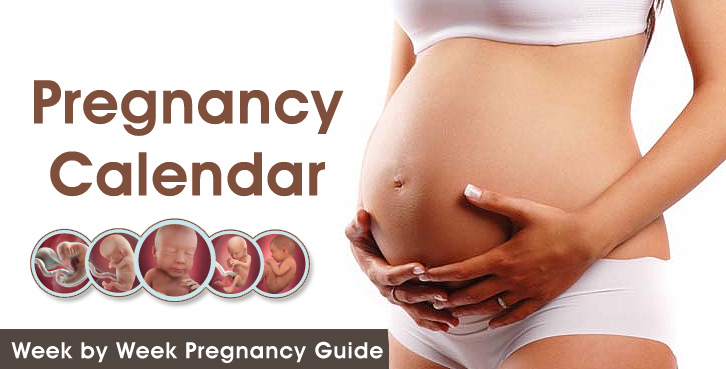 Pregnancy Week By Week Archives - Pregnancy Health
Pregnancy Week By Week Archives - Pregnancy Health Best Ovulation Calculators For Women Trying to Conceive | CafeMom
Best Ovulation Calculators For Women Trying to Conceive | CafeMom 5 Interesting Facts About Pregnancy That Shocked Me
5 Interesting Facts About Pregnancy That Shocked Me Clomid Pregnancy Test Calculator - clomidnewjersey.weebly.com
Clomid Pregnancy Test Calculator - clomidnewjersey.weebly.com babymed hcg chart - Katan.vtngcf.org
babymed hcg chart - Katan.vtngcf.org
Posting Komentar
Posting Komentar